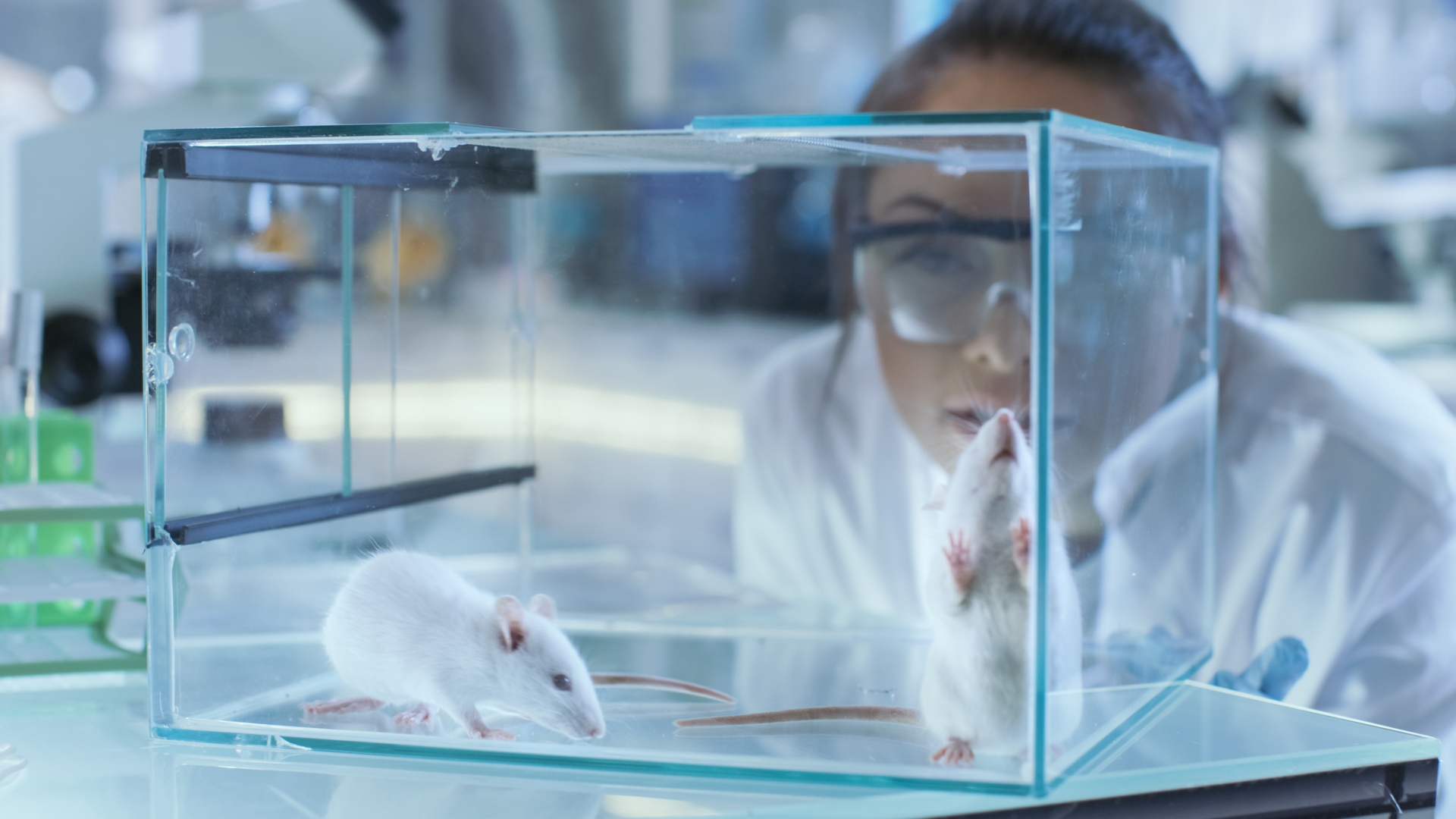Positive Results For Coronavirus Vaccine On Mice – WASHINGTON — A team of scientists jostled for a view of the lab dish, staring impatiently for the first clue that an experimental vaccine against the new coronavirus just might work.
After weeks of round-the-clock research at the National Institutes of Health, it was time for a key test. If the vaccine revs up the immune system, the samples in that dish — blood drawn from immunized mice — would change color.
Minutes ticked by, and finally they started glowing blue.
“Especially at moments like this, everyone crowds around,” said Kizzmekia Corbett, an NIH research fellow leading the vaccine development. When her team sent word of the positive results, “it was absolutely amazing.”
Dozens of research groups around the world are racing to create a vaccine as COVID-19 cases continue to grow. Importantly, they’re pursuing different types of vaccines — shots developed from new technologies that not only are faster to make than traditional inoculations but might prove more potent.
RELATED: China Coronavirus Quarantine Center Tragedy
Some researchers even aim for temporary vaccines, such as shots that might guard people’s health a month or two at a time while longer-lasting protection is developed.
“Until we test them in humans we have absolutely no idea what the immune response will be,” cautioned vaccine expert Dr. Judith O’Donnell, infectious disease chief at Penn Presbyterian Medical Center.
“Having a lot of different vaccines — with a lot of different theories behind the science of generating immunity — all on a parallel track really ultimately gives us the best chance of getting something successful.”
First-step testing in small numbers of young, healthy volunteers is set to start soon. There’s no chance participants could get infected from the shots, because they don’t contain the virus itself. The goal is purely to check that the vaccines show no worrisome side effects, setting the stage for larger tests of whether they protect.
First in line is the Kaiser Permanente Washington Health Research Institute in Seattle. It is preparing to test 45 volunteers with different doses of shots co-developed by NIH and Moderna Inc.
Next, Inovio Pharmaceuticals aims to begin safety tests of its vaccine candidate next month in a few dozen volunteers at the University of Pennsylvania and a testing center in Kansas City, Missouri, followed by a similar study in China and South Korea.
Even if initial safety tests go well, “you’re talking about a year to a year and a half” before any vaccine could be ready for widespread use, stressed Dr. Anthony Fauci, director of NIH’s National Institute of Allergy and Infectious Diseases.
That still would be a record-setting pace. But manufacturers know the wait — required because it takes additional studies of thousands of people to tell if a vaccine truly protects and does no harm — is hard for a frightened public.
“I can really genuinely understand everybody’s frustration and maybe even confusion,” said Kate Broderick, Inovio’s research and development chief. “You can do everything as fast as possible, but you can’t circumvent some of these vital processes.”






